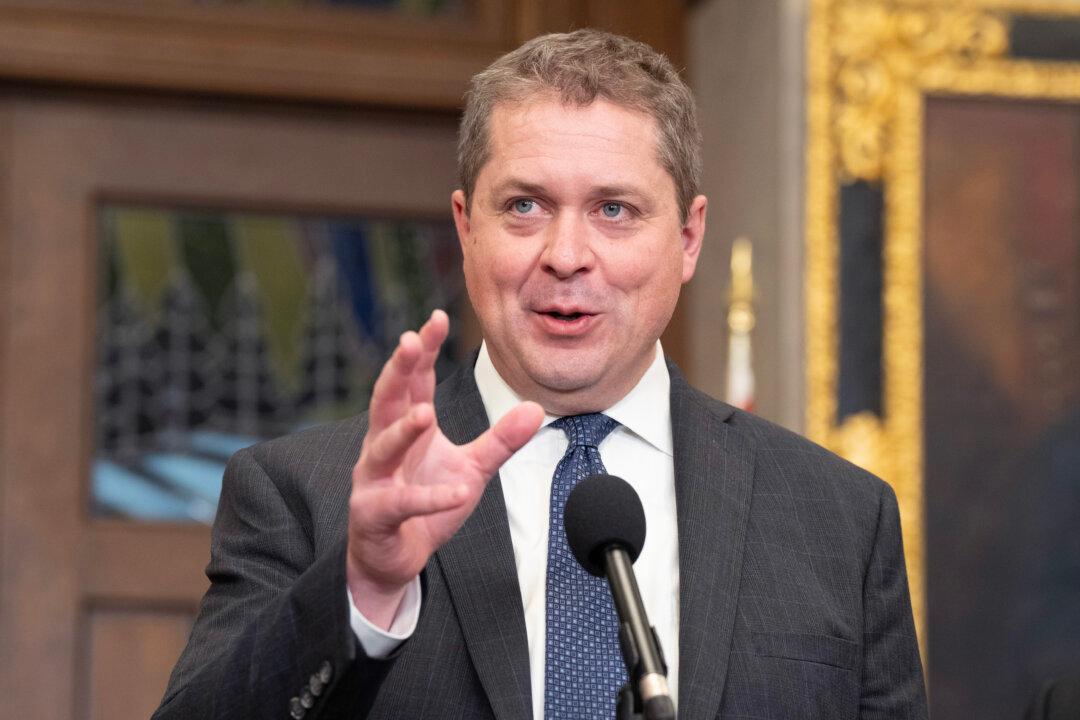After a strong showing by separatist Parti québécois (PQ) in a recent by-election, and the party releasing a study saying the province would be financially viable outside the confederation, politicians in Ottawa have chimed in on what this could mean.
Federal Transport Minister and the Liberal government’s Quebec lieutenant Pablo Rodriguez warned against re-opening a “divisive” chapter of the country’s history with talks of Quebec independence, while Conservative Party Leader Pierre Poilievre suggested the surge is a reflection of Quebecers being tired of the current party in power in Ottawa.





